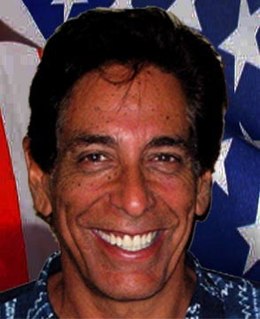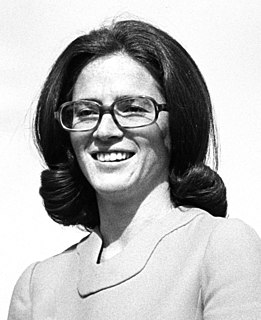A Quote by Franklin D. Roosevelt
Democracy, the practice of self-government, is a covenant among free men to respect the rights and liberties of their fellows.
Related Quotes
FREEDOM CANNOT BE LICENSED, liberties cannot be regulated and rights cannot be granted. History teaches us that when the rights and liberties of a free people have restrictions upon them, they cease to be freedoms and rights. Instead, the government becomes like a king, bestowing privileges upon the chosen few and servitude upon everyone else.
We hold these truths to be self-evident, that all men are created equal, that they are endowed by their Creator with certain inalienable rights, among these are life, liberty, and the pursuit of happiness, that to secure these rights governments are instituted among men. We...solemnly publish and declare, that these colonies are and of a right ought to be free and independent states...and for the support of this declaration, with a firm reliance on the protection of divine providence, we mutually pledge our lives, our fortunes, and our sacred honour.
At the end of the day, these are issues that need to be discussed: femicides, among other things - immigrant rights, women's' rights, indigenous people's rights, animal rights, Mother Earth's rights. If we don't talk about these topics, then we have no place in democracy. It won't exist. Democracy isn't just voting; it's relegating your rights.
All men are, or ought to be free, possessing unalienable rights, and the high and noble qualifications of the laws of nature and of self-preservation, to think, and act, and say as they please, while they maintain a due respect to the rights and privileges of all other creatures, infringing upon none.
Meiklejohn's position is that free speech in a democracy is not an absolute flowing from the boundless source of some presumed 'natural right.' It is a practical necessity of 'self-government by universal suffrage,' for if the citizens are not permitted to argue out the issues of government, how can they be what they must be in a democracy - the rulers as well as the ruled?
On human rights, civil rights and environmental quality, I consider myself to be very liberal. On the management of government, on openness of government, on strengthening individual liberties and local levels of government, I consider myself a conservative. And I don't see that the two attitudes are incompatible.
Let's not use the term democracy as a play on words which is what people commonly do, using human rights as a pretext. Those people that really violate human rights [the West] violate human rights from all perspectives. Typically on the subject of human rights regarding the nations from the south and Cuba they say, "They are not democratic societies, they do not respect human rights, and they do not respect freedom of speech".
The basic principles of democracy should be observed whatever the country - principles such as civil liberties, a free market, a free press, the priority of the individual over mythical state interests, a state which serves the interests of ordinary people and defends their rights and interests. This is all easy to say but hard to make reality.
The framers of our Constitution understood the dangers of unbridled government surveillance. They knew that democracy could flourish only in spaces free from government snooping and interference, and they put restraints on government overreaching in the Fourth Amendment of the Bill of Rights. . . . These protections require, at a minimum, a neutral arbiter - a magistrate - standing between the government's endless desire for information and the citizens' desires for privacy.
First there is the democratic idea: that all men are endowed by their creator with certain natural rights; that these rights are alienable only by the possessor thereof; that they are equal in men; that government is to organize these natural, unalienable and equal rights into institutions designed for the good of the governed, and therefore government is to be of all the people, by all the people, and for all the people. Here government is development, not exploitation.
































